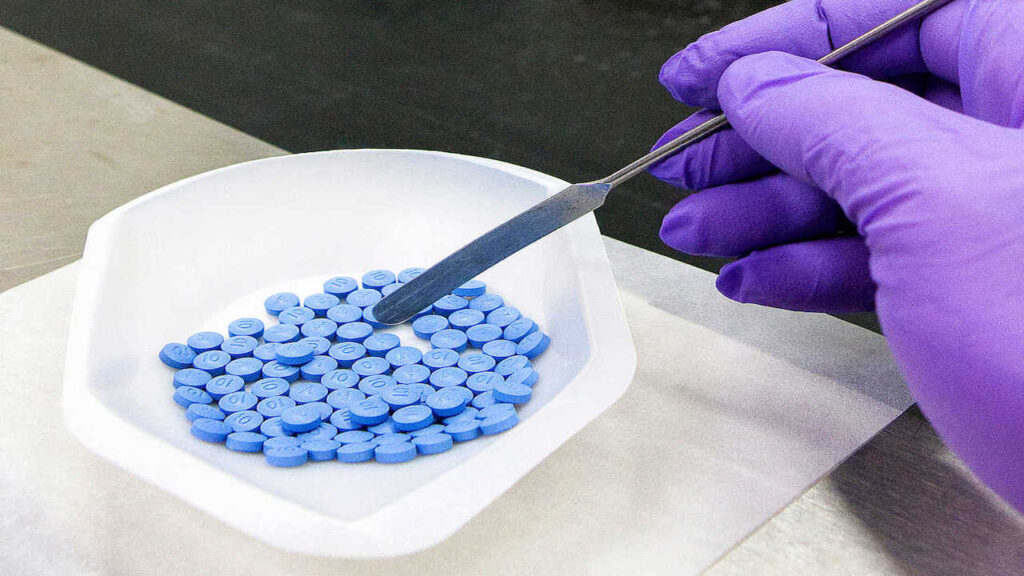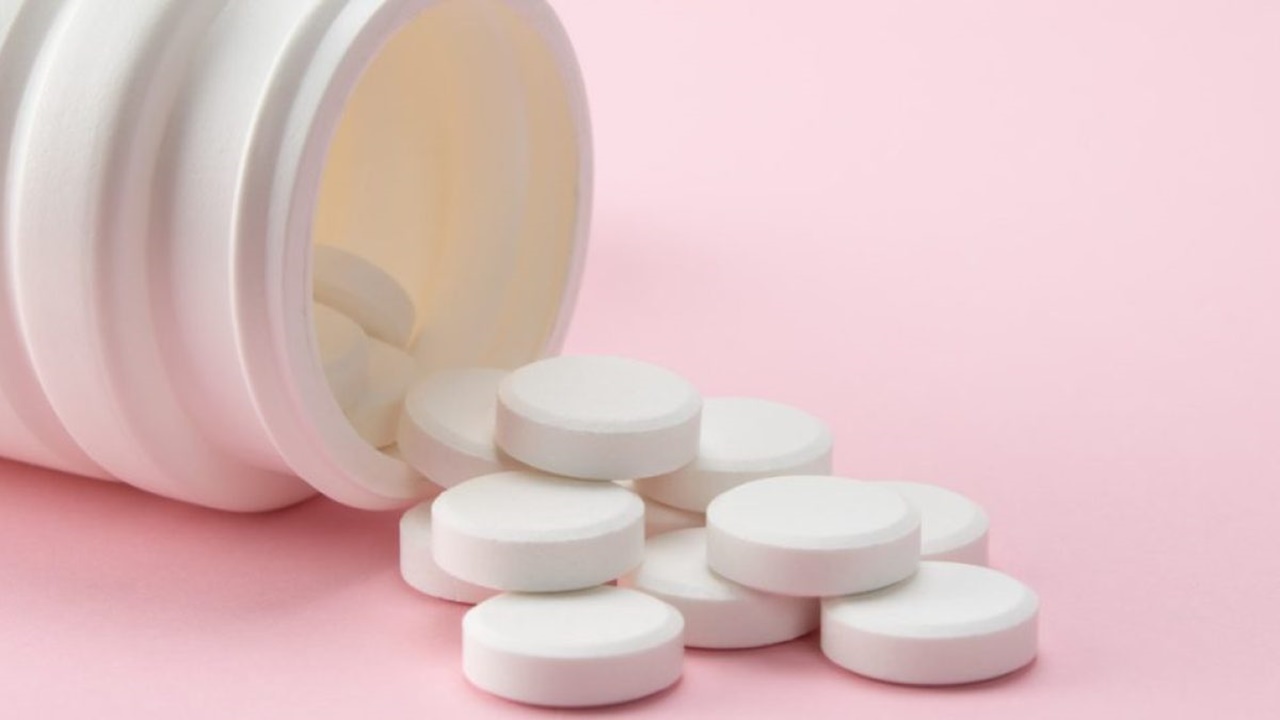Chemical waste in the pharmaceutical industry is growing every day. In recent years, pharmaceutical companies have emitted more carbon dioxide equivalent than the car industry. This has highlighted the need to change the way some medicines are produced. Painkillers such as paracetamol and ibuprofen could be made from recycled paper.
Recycling begins for painkillers
A waste product from the paper industry could be used in the manufacture of medicines, according to new research from the University of Bath. A substance called turpentine is a by-product of paper printing. But it could be a source for sustainable drug production.

Using turpentine, researchers have successfully synthesised some drugs such as paracetamol, ibuprofen and salbutamol. This sustainable approach will reduce the need for petroleum-derived chemicals by using a readily available waste product.
In addition to the environmental benefits, turpentine-based drug manufacturing has other advantages. As the cost of crude oil and energy rises, the price of medicines made with these resources may increase. However, turpentine is not affected by these price fluctuations.
While turpentine-based drug production is remarkable, it may take years for pharmaceutical companies to adopt it. Companies that already use petroleum-based methods to produce their drugs may find it difficult to switch to turpentine.
On the other hand, a drug developed by artificial intelligence has started to be tested on humans. Insilico Medicine used artificial intelligence analysis to identify protein structures that could treat IPF. The company, which is using AI to search for substances that can inhibit these proteins, says it has reached an “unprecedented point” for IPF.














